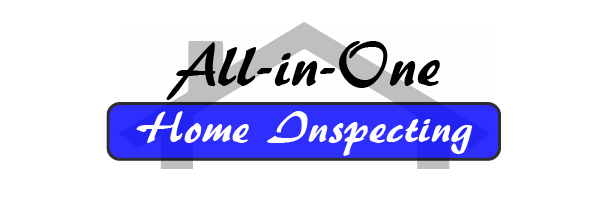Thermal Imaging Services
Request a Quote
Hero Request Form
Avoid Costly Repairs With Advanced Infrared Solutions
Take another step toward informed home buying with advanced Infrared (thermal imaging) non-invasive technology from All-in-One Home Inspecting. Infrared inspections can identify issues beneath the surface, such as moisture intrusion, energy loss, and even unexpected hot spots on your roof that can lead to structural issues.
Contact us or fill out our form to
request a quote.
Problems That IR Cameras Can Detect
Hot Spots:
- Circuit breakers that should be replaced immediately
- Undersized and overloaded circuits
- Overheated electrical equipment and components
- Electrical faults that can lead to fire
Energy Loss:
- Heat loss and air infiltration in ceilings, walls, floors, windows and doors
- Damaged and/or malfunctioning radiant heating systems
- Air-conditioner compressor leaks
- Structural defects that can lead to energy loss
- Missing or insufficient insulation
Moisture Intrusion:
- Hidden roof leaks
- Plumbing leaks
- Missing, damaged and/or wet insulation
- Water and Moisture intrusion around penetrations and at the foundation and building envelope that can cause structural damage and mold
Other Issues based on the color gradients that thermal images provide:
- Pest infestations, as revealed by energy loss through shelter tubes left by boring wood-destroying insects
- Presence of rats, mice and other larger intruders hiding within the structure that produce a heat signature the IR camera captures
- Dangerous flue leaks, which can cause potential carbon monoxide poisoning


Share On: